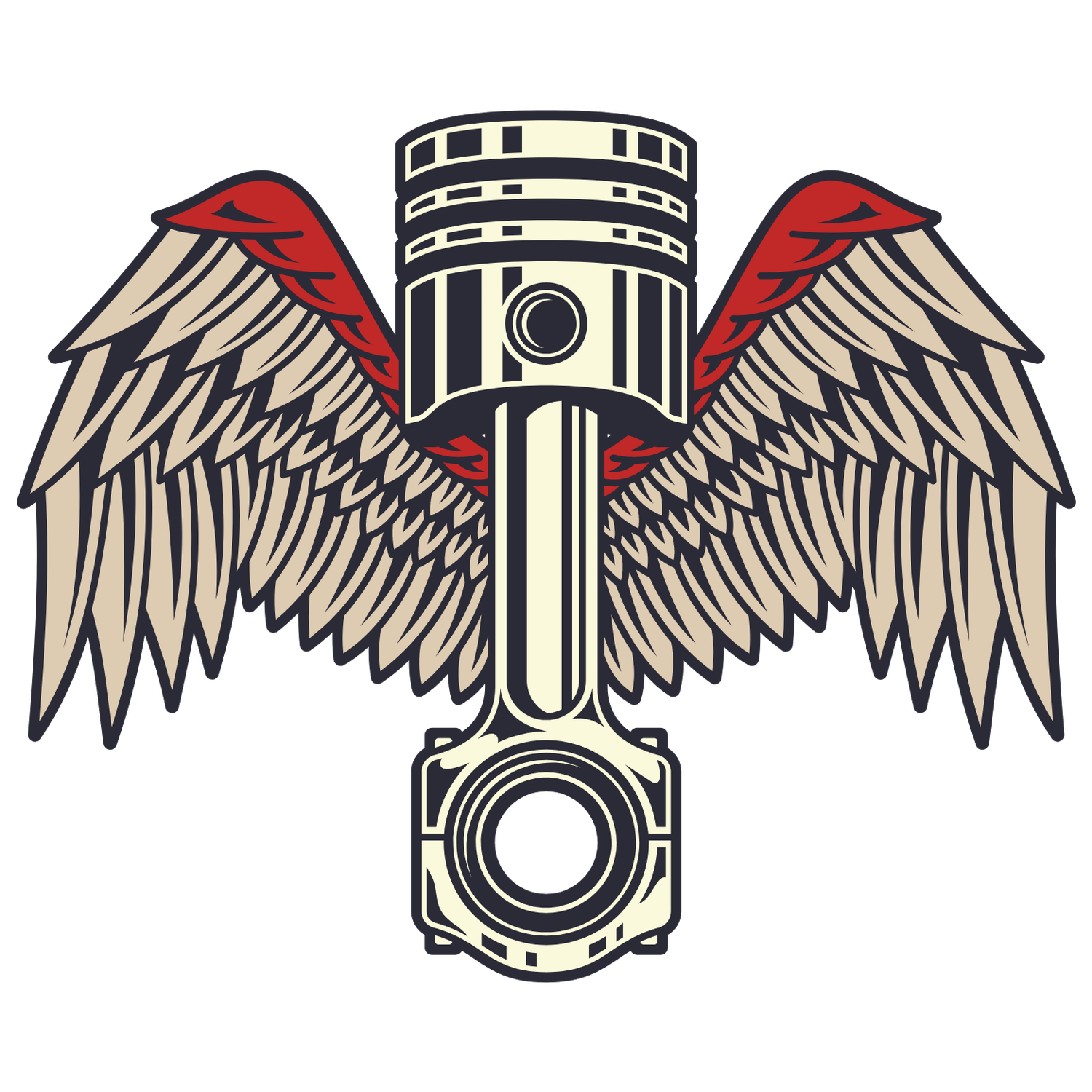How Precision Main Bearings Influence Your Engine's Longevity
What are main bearings in an engine?
Main bearings in an engine are crucial components that support the crankshaft and allow it to rotate smoothly. They are located between the crankshaft and the engine block. Main bearings reduce friction between moving parts, preventing wear and damage to the engine over time. Without main bearings, the crankshaft would not be able to function correctly, leading to potential engine failure.
Importance of precision main bearings
Precision main bearings play a crucial role in the longevity of your engine. They support the crankshaft, allowing it to rotate smoothly and efficiently. Low-quality or worn-out main bearings can lead to excessive friction, heat, and potential damage to your engine over time. High-quality precision main bearings help reduce friction, prevent premature wear and tear, and contribute to the overall health and performance of your engine. Regular maintenance and ensuring the quality of your main bearings are essential for the longevity and proper functioning of your engine.
Signs of worn main bearings
When your car's main bearings are worn out, you may notice knocking or rumbling noises coming from the engine. Low oil pressure and increased oil consumption are also indicators that your main bearings might be worn. Keep an eye out for engine overheating and metal shavings in the oil, as these can point to issues with the main bearings. Regular maintenance and thorough inspections can help catch these signs early on and prevent further damage to your engine.
How main bearings affect engine performance
Main bearings are crucial components in your engine, as they support the crankshaft and reduce friction. High-quality main bearings can enhance engine performance by providing smooth operation and reducing wear and tear. When main bearings wear out, they can lead to engine failure and costly repairs. Regular maintenance and using precision main bearings can help prolong your engine's lifespan and ensure optimal performance.
Common main bearing materials
Main bearings are typically made from three common materials: aluminum alloy, babbitt metal, and steel. Each material has its own advantages and disadvantages. Aluminum alloy bearings are lightweight and offer good resistance to corrosion. Babbitt metal bearings are known for their ability to withstand high loads and reduce friction. Steel bearings are durable and provide excellent resistance to wear and tear. It's important to consider the material used in your engine's main bearings as it directly impacts the longevity and performance of your engine.
How to choose the right main bearings
To make sure your engine runs smoothly for a long time, it's crucial to select the correct main bearings. Here are a few tips to help you choose the right ones:
Consider the Material: Main bearings come in various materials such as aluminum, steel, and bronze. Choose a material that suits your engine and driving needs.
Size Matters: The bearings must be the correct size for your engine's crankshaft. Make sure to get the precise measurements to avoid any issues.
Look at the Load Capacity: Different main bearings have varying load capacities. Ensure you choose bearings that can handle the load your engine will experience.
Check for Compatibility: Not all main bearings are compatible with every engine. Verify that the bearings you select are suitable for your engine model and make.
Consult a Professional: If you're unsure about which main bearings to choose, seeking advice from a professional mechanic or engine expert can help you make an informed decision.
By taking these factors into consideration, you can ensure that your engine's main bearings are the right fit for optimal performance and longevity.
Installation of precision main bearings
When installing precision main bearings in your engine, ensure they are assembled correctly to avoid early wear and tear. Make sure to clean the engine block and crankshaft thoroughly before installing the bearings. Apply lubricant before placing the bearings in their designated positions. The correct torque specifications must be followed when tightening the main bearing caps to prevent any issues. Incorrect installation can lead to reduced engine performance and a shortened lifespan.
Maintenance tips for main bearings
To ensure your engine runs smoothly, it's essential to take good care of your main bearings. Here are a few maintenance tips for main bearings:
Regular Inspections: Check main bearings for wear and tear regularly.
Proper Lubrication: Ensure main bearings are well-lubricated to prevent friction.
Correct Installation: Main bearings should be installed correctly to avoid premature damage.
Monitoring Oil Pressure: Keep an eye on oil pressure to detect any issues with the main bearings.
By following these maintenance tips, you can help increase your engine's longevity and performance.
Extending engine life with proper main bearing care
Caring for your main bearings can significantly extend your engine's lifespan. Proper maintenance and regular checks can prevent damage and ensure that your engine runs smoothly for years to come. Maintaining the main bearings involves keeping them well-lubricated, monitoring for any signs of wear or damage, and replacing them when necessary. By taking care of your main bearings, you can avoid costly repairs and keep your engine in top condition.
Conclusion: Maximizing engine longevity through main bearing precision
To ensure your engine lasts as long as possible, the precision of the main bearings is crucial. High-quality main bearings reduce friction and wear, which can extend your engine's lifespan significantly. By investing in precision main bearings, you are essentially investing in the longevity of your engine. This small component plays a big role in keeping your engine running smoothly for years to come.

